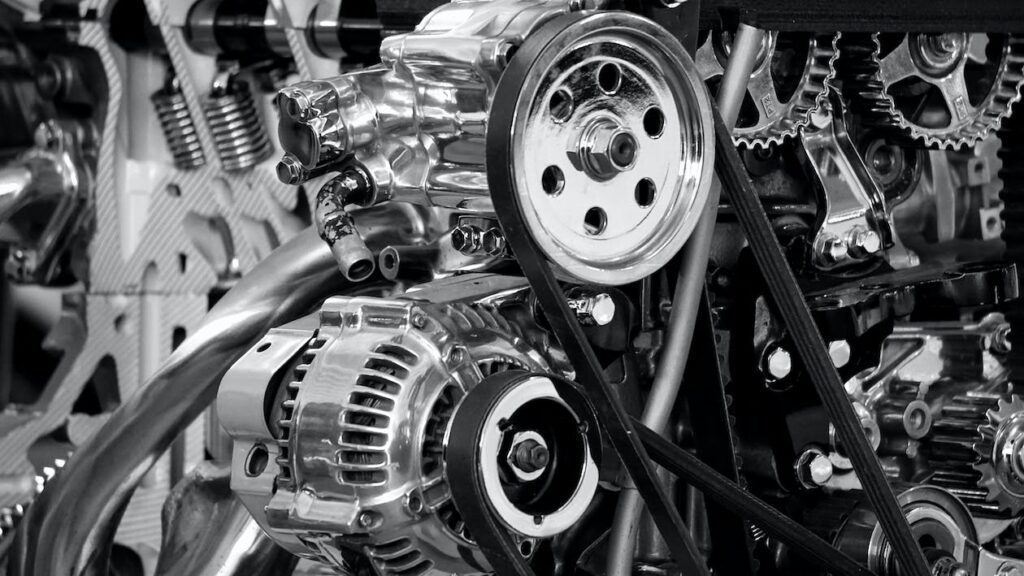
Why do dealerships take so long to fix a car? A Guide
Why do dealerships take so long to fix a car? When it comes to getting your car repaired, one common frustration many people face is the time it takes for dealerships to fix their vehicles. Whether it’s a minor issue or a major repair, the wait at dealerships can sometimes be agonizingly long. But why does this happen? In this article, we will explore the reasons behind the lengthy repair times at dealerships and how you can mitigate the waiting period.
The Complex Nature of Car Repairs
Why do dealerships take so long to fix a car? Car repairs involve a wide range of complexities and challenges that contribute to the time it takes for dealerships to fix a vehicle. Here are some key factors that influence the duration of the repair process:
Diagnostic Process
Dealerships have to perform a thorough diagnostic process to identify the root cause of the problem accurately. This involves running diagnostic tests, analyzing error codes, and conducting inspections. The complexity of modern vehicles with advanced electronic systems can make this process time-consuming.

Parts Ordering and Availability
If the dealership needs to replace certain parts, they may have to order them from suppliers. Sometimes, specific parts are not readily available, leading to delays in the repair process. Additionally, dealerships often prioritize warranty repairs, which can further affect the availability of parts for non-warranty repairs.
Workload and Staffing
Dealerships are often busy with a high volume of cars requiring repairs. Limited staffing and an influx of vehicles can result in longer wait times. It is crucial for dealerships to manage their workload effectively to ensure efficient repairs.
Service Appointment Scheduling Challenges
Appointment Backlog
Why do dealerships take so long to fix a car? Dealerships often have a backlog of service appointments due to the high demand for repairs. This backlog can lead to delays in getting your car in for repairs, prolonging the overall repair duration.
Unpredictable Repair Timeframes
While dealerships try their best to estimate the repair time, unforeseen circumstances can arise during the repair process. This can include discovering additional issues or complications that require more time and attention. Such unpredictability can further contribute to delays in completing the repairs.
Manufacturer Regulations and Processes
Manufacturer Guidelines
Dealerships are bound by the guidelines and processes set by the car manufacturers. These guidelines ensure that repairs are done according to the manufacturer’s standards and specifications. Adhering to these guidelines can sometimes slow down the repair process.
Warranty Claims
When a repair is covered under warranty, dealerships have to follow specific procedures to submit warranty claims to the manufacturer. This involves documenting the repairs, providing supporting evidence, and waiting for approval. The warranty claim process can introduce additional bureaucratic steps that prolong the repair time.

Mitigating the Waiting Period
Communication
Stay in touch with your dealership regarding the progress of your car’s repair. Regular communication can help you stay informed about any unexpected delays and give you a sense of control over the situation.
Plan Ahead
If possible, schedule your service appointment well in advance to avoid being caught in a long queue. Planning ahead can help you secure a slot that suits your schedule and reduce the waiting time.
Explore Alternatives
Consider independent repair shops or certified mechanics who specialize in your vehicle’s make and model. These professionals may be able to provide faster and more personalized service compared to dealerships.
What is the most efficient tool for testing my car without any issues?
When it comes to convenience and reliability, the Super Kilometer Filter‘s kilometer stopper surpasses other calibration aids. It offers a hassle-free plug-and-play experience, eliminating the need for cutting cords or soldering. This means that you can easily revert back to the original state after usage. Moreover, it erases mileage data and prevents the transmission of any new information to other control units, making it completely undetectable. The Super Kilometer Filter ensures the product’s quality and guarantees the untraceability of any modified data.
Last Thoughts
Now you know why do dealerships take so long to fix a car. While it can be frustrating to wait for your car to be fixed at a dealership, understanding the reasons behind the delays can help you manage your expectations. Factors such as the complex nature of repairs, service appointment scheduling challenges, manufacturer regulations, and processes all contribute to the time it takes for dealerships to fix a car. By staying informed, planning ahead, and exploring alternatives, you can navigate the repair process more effectively and minimize the waiting period.




